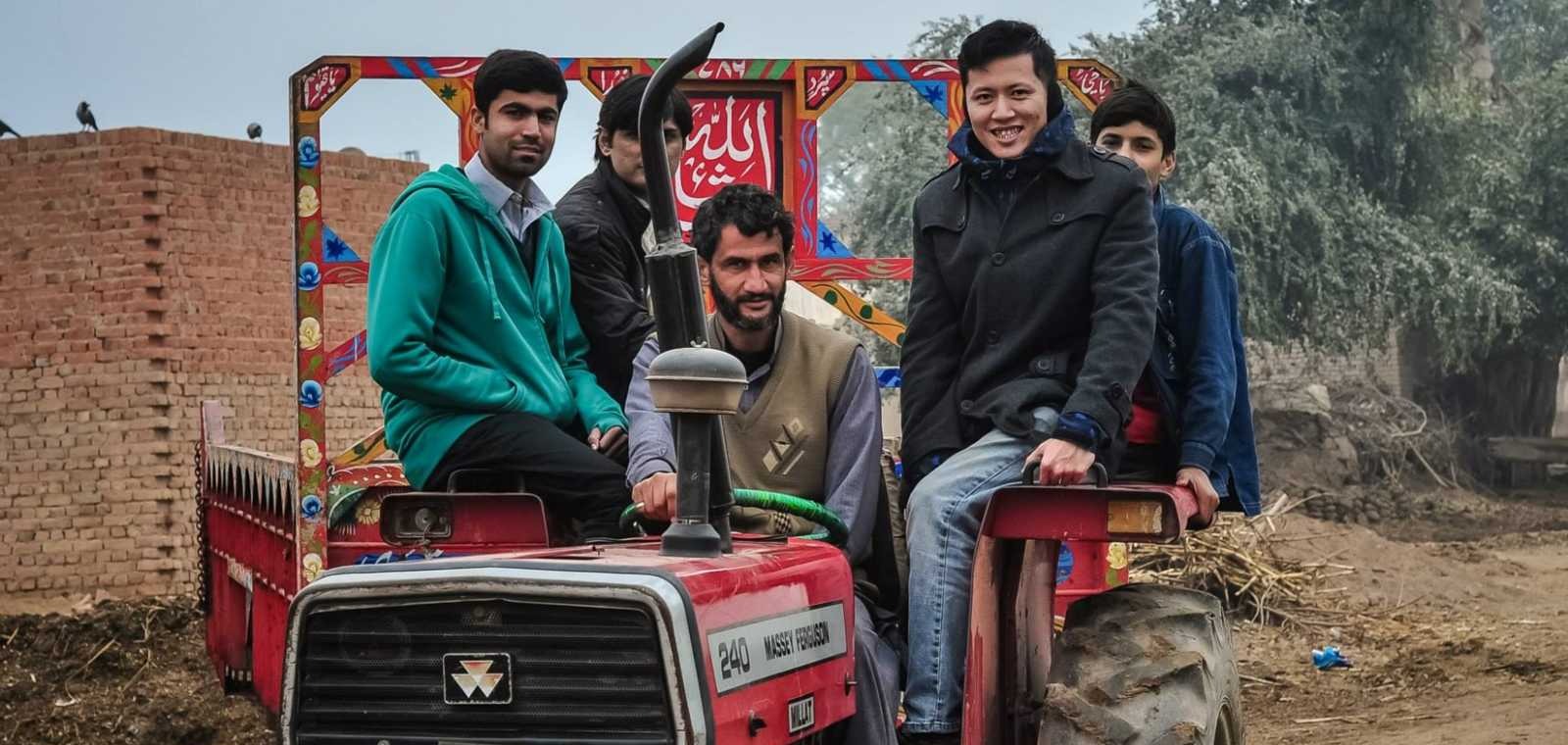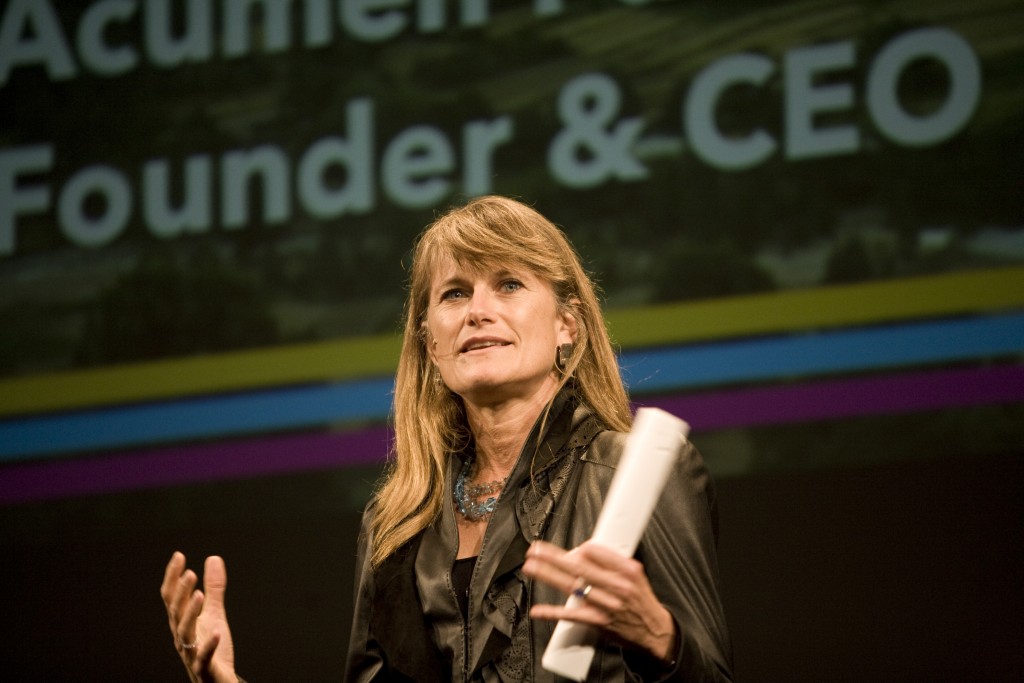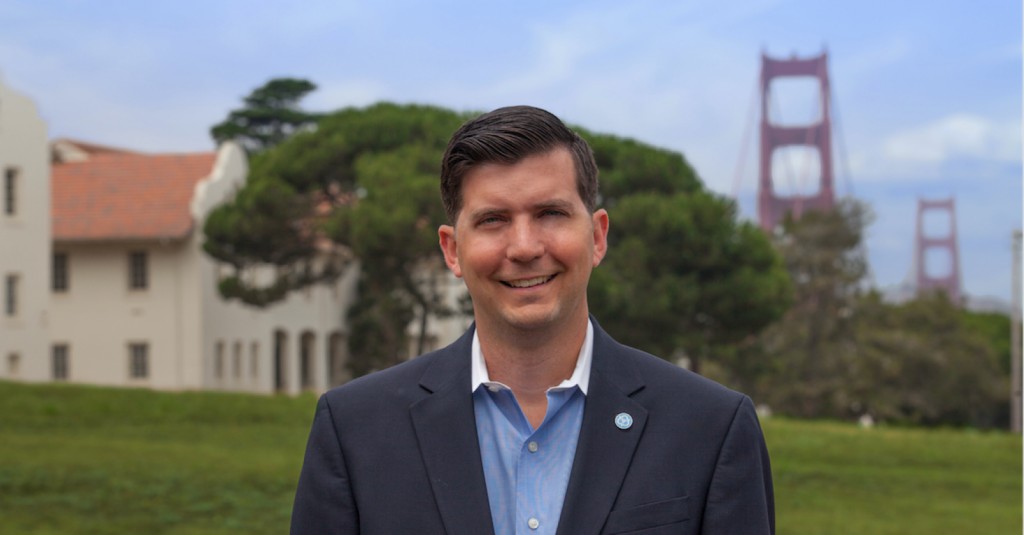If you’ve been in a bookstore or airport lately, you’ve likely seen a magazine highlighting 20 transformational leaders under age 20. Or you’ve flipped through an article profiling 30 entrepreneurs under 30. When most of us read these features, we’re awed by the types of leadership displayed, but also a bit intimidated. We naturally start to worry that our own careers pale in comparison, or even feel paralyzed when we think about our own ability to change the world. Is it even worth getting started when others have seemingly accomplished so much, so quickly? How can I even keep up, when I don’t know what my own purpose is? Have I been conditioned to consume, rather than express, the virtue of leadership?
Leadership is the act of helping those around you get from where they are to where they need to be.
Having just completed Acumen’s Global Fellows program, I’ve spent a year paying close attention to what distinguishes those who lead from those who follow, and how people can get started on their own leadership journey. Ashraf Hegazy, Acumen’s Global Head of Leadership, has told me that leadership is the act of helping those around you get from where they are to where they need to be. This type of leadership does not have to be the grandiose sort that lands you in the pages of a magazine. Instead, I think of it as everyday leadership, or the small steps we can all take to transform other people, communities, and ourselves. The best part about everyday leadership is that we can look to just about anybody around us for inspiration. Here are a few examples from my life:
Victoria Pelletier, a management consultant and former colleague from Vancouver, BC wanted to be a social innovation specialist before the role even existed at the firm. For years, she patiently took on projects that were not directly aligned with her goals while slowly building her case for this new role on the side. Today, her work has resulted in small wins; she has flown as far as Asia to advise governments on how to integrate social innovation into their agenda and sits on three non-profit boards.
Ahmad Mehmood, guided by his faith to serve humanity, really wanted to work at Ansaar Management Company in Lahore, Pakistan, where I was placed for my Acumen Global Fellowship. No opportunities were open for him so he took an internship for $50 a month. For five months he slept on the floor of a room without air-conditioning, yet he still showed up to work every day with clean, hand-washed-and-pressed clothes. Five months later, the company extended him a job offer and he is now one of the firm’s rising stars.
Osman Khan just started a new job at Ernst & Young in New York. He spends his evenings taking Pakathon, a hackathon dedicated to spurring innovation in Pakistan, to the next level in New York City. He contributes calm energy and passion to his work, and over the next few years he will help put social innovation on the map in Pakistan.

Victoria, Ahmad and Osman have all mastered the art of taking tiny steps towards transformational leadership, in small ways that are sure to make ripples over the long term. They’ve created new roles for themselves and simultaneously are helping others get where they need to go.
The secret is to inspire momentum by lowering the barriers to getting started.
Next time you feel stuck, ask yourself: what is the simplest possible step I can take towards what I want to create for my life? Keep reducing the size of that step until it is something that you feel is manageable, and then take it. That first small step could be drafting the first word of an email to an influencer who can help you get to the next level, taking a look at your resume for the first time in years, or just listening to a song featuring that musical instrument you always wanted to learn. The secret is to inspire momentum by lowering the barriers to getting started. The act of starting catalyzes a journey. Once you’ve accomplished your first step, ask yourself again: what is the next simplest possible step towards my goal? Take a small step again. And again. And again. With enough small steps you’ll eventually find yourself closer to where you need to be, bringing others along with you in the process.
But can everyday leadership possibly be the answer to some of our most urgent social challenges? We know there is no shortage of problems. The exponential growth of our population is overextending our environmental resources. Disenfranchised youth from across the world are joining terrorist organizations when they cannot find jobs or a sense of social belonging. Too many people in the world are still living in poverty. When I feel intimidated by the challenges ahead, my own small steps are to look to others for inspiration, including science fiction. In the 2009 reboot of Star Trek, one of my favorite movies, the mad Romulan Nero approaches Earth with a weapon that can destroy the entire planet. At that moment, Captain Kirk turns to Commander Spock and says: “I don’t know what I should do… all I know is what I can do.” Overwhelmed by the task at hand and lacking a clear roadmap, Captain Kirk proceeds to save the world with everyday leadership by moving forward in the simplest way he can.
Leaders don’t always know what they should do, but they know what they can do.
As an Acumen Fellow, I spent an entire year feeling a bit like Captain Kirk. I sought answers to how we can tackle some of the world’s most challenging problems. I still don't have many answers to share. All I know is that it will take every single person on this planet doing their small part to truly move the needle and create the collective impact that makes a real difference. Leaders don’t always know what they should do, but they know what they can do. What concrete skills do you have? How can you apply them to a problem today? What are you discontent about in your life? What small thing can you do to make it better? How can you use everyday leadership to make your mark?




